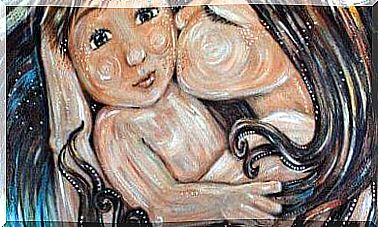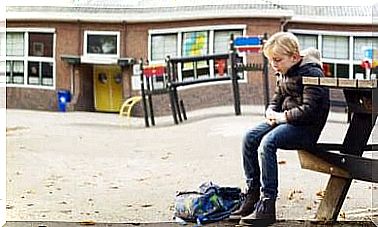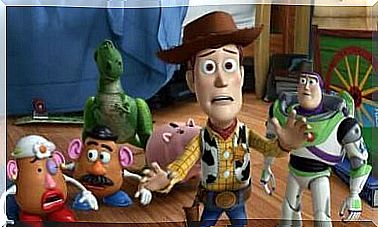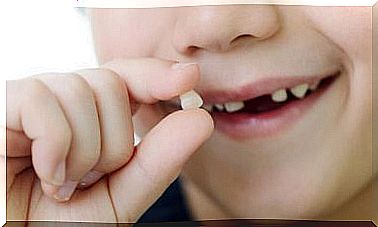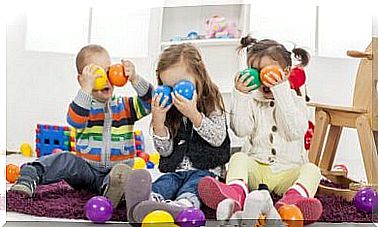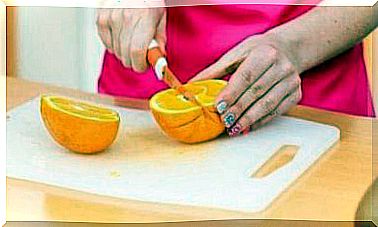How To Help A Hyperactive Child

One increasingly hears parents and teachers complaining about having to deal with a hyperactive child.
Various arguments are used to explain this behavior disorder, including excessive consumption of beverages containing caffeine. As a result, visits to psychologists and psychiatrists have skyrocketed.
However , one should be very careful about labeling a child as “hyperactive”. This can cause a lot of problems for your child.
Dealing with a really hyperactive child or student is not a big problem if he or she is receiving the right treatment.
However, if the situation is not handled appropriately, it can lead to a frustrated, insecure, and stressed child.
Some advice about hyperactivity in children
Restless children
A child who runs or moves continuously during a long excursion is not necessarily to be equated with a hyperactive child. This behavior disorder shows up differently.
Many children are naturally restless, loud, like to run, climb, and touch anything they see – this is normal.
Many teachers don’t see these things properly. They are losing patience because there may be five, six, or seven restless children in their class. Then they get desperate and call the parents and suggest they consult a therapist.

Restless children are not hyperactive in the sense that they have not developed a conduct disorder. They are just restless children, quite simply.
When they learn, sleep well, are happy, have friends, and play, they are just normal children who are restless.
How do hyperactive children behave?
On the other hand , a hyperactive child is one who is constantly restless. His restlessness affects the development of normal behavior for his age.
Some characteristics of hyperactive children are:
- Problems in learning.
- No respect for rules, whether family rules or rules of the game. As a result, they have problems with other children.
- It is very difficult for them to wait or be patient.
- They act without thinking and are very impulsive.
- They spend the whole day moving. They run into doors and throw things.
- They are unable to focus their attention and are constantly jumping from one topic to the next. It seems like nothing cares.
There’s no point in getting mad at her. It is useless to keep asking them to be quiet or to finish their task before getting up.
They seem to be listening to you, but in a few minutes they’ll be doing the same thing you just told them not to do. These symptoms of hyperactivity are medically called “attention deficit / hyperactivity disorder” or “ADHD” for short.
How to Help a Hyperactive Child
Daily monitoring of a hyperactive child is a challenge for the parents in charge of parenting.
- First , parents need to understand that hyperactivity is not voluntary. The child is not deliberately fidgeting all the time. It is unable to control itself. So it is important that the responsible adults keep this in mind and help him with patience to change his behavior.
- Consent, rewards, and positive reinforcement for accomplishments are useful strategies. For example, “if you manage to sit down while you eat for a week, you will get the toy you want so badly”. Record his success day after day and give him the promised reward in the end.
- The point of this game can be for the child to initially remain seated for more than three minutes. This can then be increased to five minutes, eight, etc. until the goal is achieved.
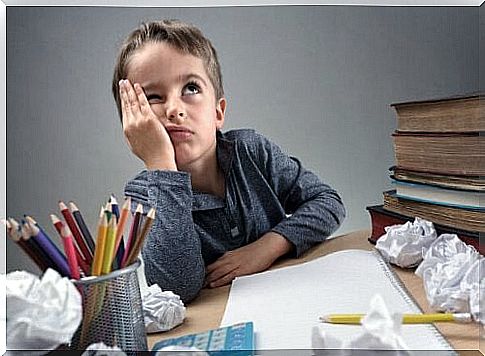
- Control his attention. To help him get his attention, it is a good idea to repeat aloud each and every step that you are asked to follow. Do this as often as necessary. Always repeat the steps out loud. Little by little, your child will be able to shimmy along it by following your instructions in their head.
- Limit your consumption of caffeinated and sugary drinks. The relationship between hyperactivity and soft drinks is still being investigated. It is true, however, that caffeine and too much sugar act as stimulants. They cause restlessness and make it difficult to calm down.
Strong family ties are important in helping a hyperactive child. Parents are the foundation for children to create their values. The behavior of a hyperactive child depends heavily on their parents.
